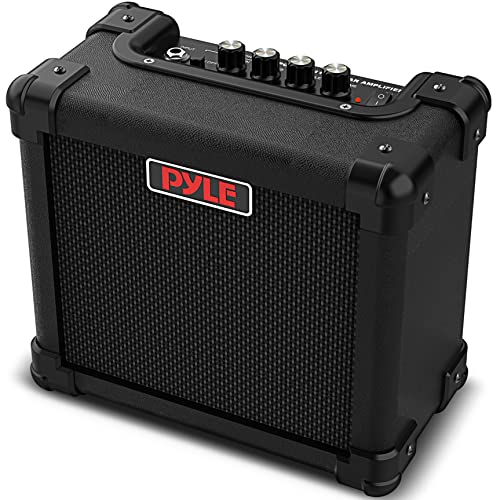rabies
Well-known member
for my Rivera S120 (1991):
"It would just be 3 hours total and parts would be around $40 for the capacitors. So a little over $300 total."
How much does Mesa or Marshall charge for the equivalent? Does it really take 3 hours?
"It would just be 3 hours total and parts would be around $40 for the capacitors. So a little over $300 total."
How much does Mesa or Marshall charge for the equivalent? Does it really take 3 hours?






















